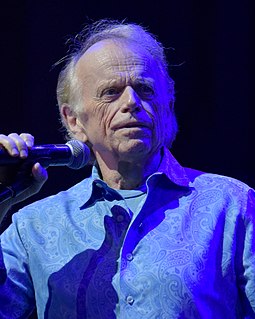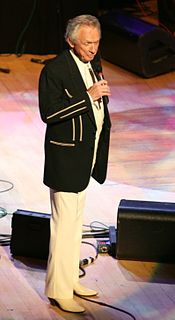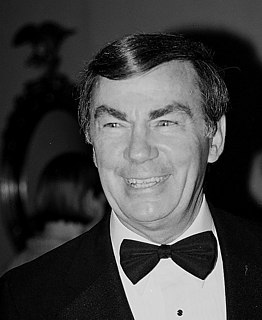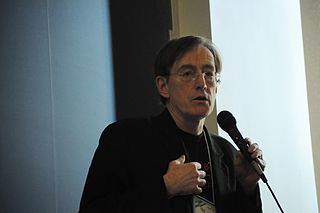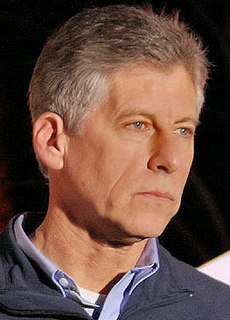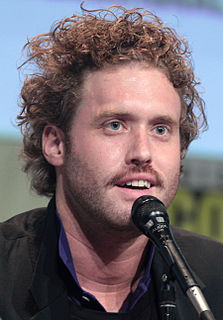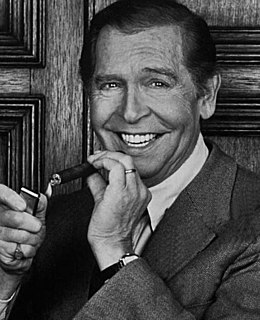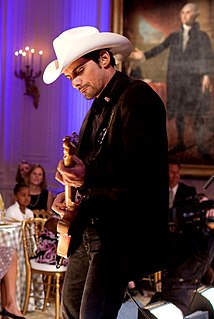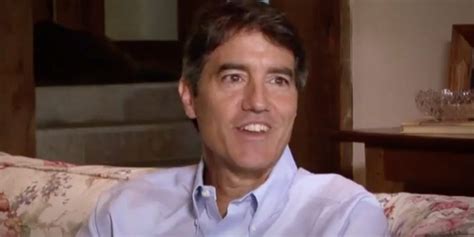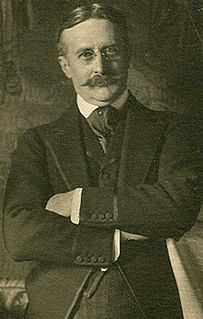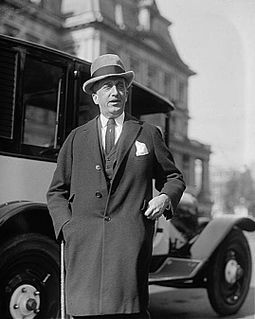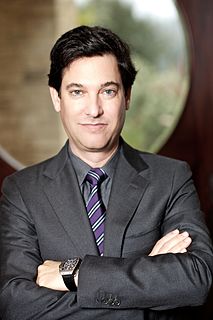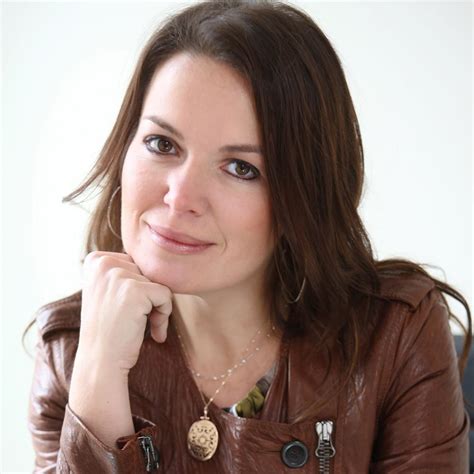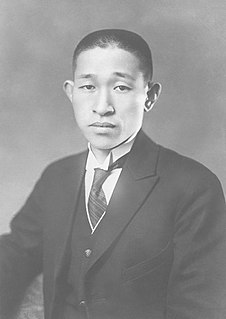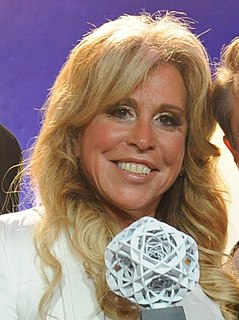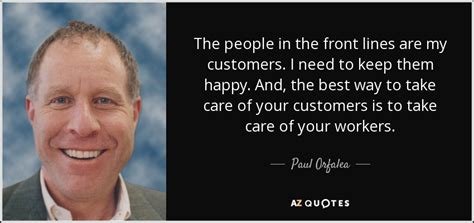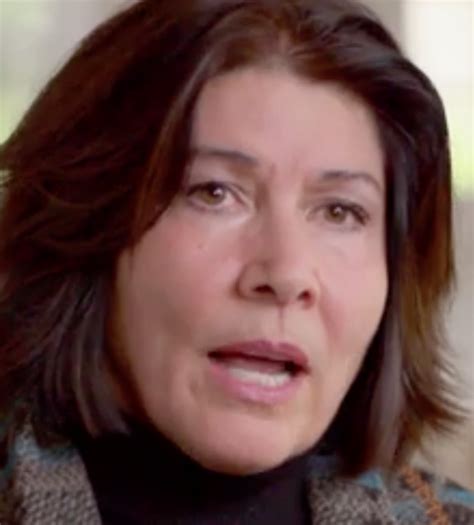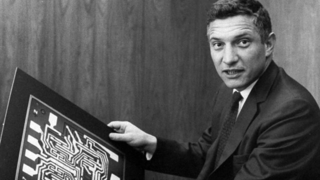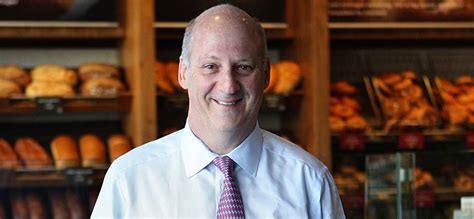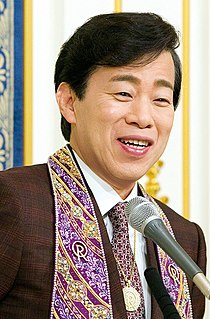A Quote by Kenny Troutt
In the 1970s, I bought some cheap horses, then decided that if I was going to be in it, I was going to go big time. So in 2001, Bill Casner, a partner with me in Excel, and I bought a breeding farm, WinStar Farm, together.
Related Quotes
Suppose a white man should come to me and say, "Joseph, I like your horses. I want to buy them." I say to him, "No, my horses suit me; I will not sell them." Then he goes to my neighbor and says to him, "Joseph has some good horses. I want to buy them, but he refuses to sell." My neighbor answers, "Pay me the money and I will sell you Joseph's horses." The white man returns to me and says, "Joseph, I have bought your horses and you must let me have them." If we sold our lands to the government, this is the way they bought them.
Growing up on a farm, I saw that if I didn't go to the military or go to school, and I knew my mom and my family wasn't going to be able to send me to school out of their pocket, so it basically came down to athletics. I knew I didn't want to work on a farm. I knew I didn't want to do manual labor the rest of my life.
Through that organization [Community Service Organization], I met Cesar Chavez. We had this common interest about farm workers. We ultimately left CSO to start the National Farm Workers Organization, which became the United Farm Workers. I was very blessed to have learned some of the skills of basic grassroots organizing from Mr. Ross and then be able to put that into practice in both CSO and the United Farm Workers.




